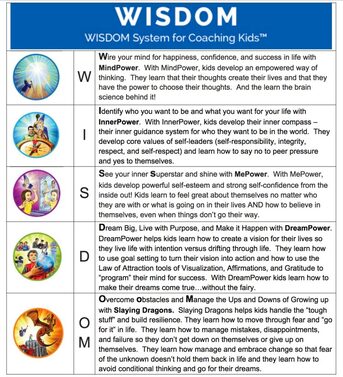
Many times, children placed into foster care suffer from mental health issues. A placement disruption may be so severe to the child that it feels as if their entire world is falling apart. For them, it is. Everything they know to be true in their world is now turned upside down. Their mother and father are no longer there to comfort them when they are troubled, or afraid. The family they lived with, grew up with, laughed with, and cried with is no longer there to take care of them. The bed they woke up in each morning is now different. Far too many foster children, the school they went to, the teachers they learned from, and the friends they had formed relationship with, have also been taken from them. Instead, these children now live with a strange family, wake each morning in a different house, sit in an unfamiliar classroom, and are no longer surrounded by those who love and know them best. Children in foster care often struggle to best deal with and survive these traumatic events, as they struggle to adjust to a new home and new family. To be sure, the losses in their life, along with the lack of a permanent home, often times prevent these children from forming a secure and healthy attachment with a primary caregiver.
Issues from anxiety can manifest themselves in a number of ways. Perhaps the one that foster children face the most is separation anxiety, an excessive concern that children struggle with concerning the separation from their home, family, and to those they are attached to the most. Indeed, the more a child is moved, from home to home, from foster placement to another foster placement, or multiple displacements, the bigger the concern becomes. Those children who undergo many multiple displacements often times create walls to separate themselves in an attempt to not let others into their lives. In attempting to do so, many foster children end up lying to their foster families, as they try to keep their new family at a distance, and at the same time, give the child a sense of personal control.
Other anxiety disorders include obsessive-compulsive disorder, where a child repeats unwanted thoughts, actions, and/or behavior out of a feeling of need. Panic disorders find a child experiencing intense bouts of fear for reasons that may not be apparent.
These attacks may be sudden, and unexpected, as well as repetitive in their nature. Panic disorders also may coincide with strong physical symptoms, such as shortness of breath, dizziness, throbbing heart beats, or chest pains. Another anxiety disorder that foster children may face includes social phobias, or the fear of being embarrassed or face the criticism of others.
Fredrick Douglas once said that “it is easier to build strong children than to repair broken men.”
One way foster parents can help children in foster care, and children placed in our homes is by becoming a certified child life coach. Indeed, life coaching for children is often the missing link in children’s education. When we, as foster parents, become a certified child life coach, we are trained to better support children in developing powerful mindset skills. These skills will be able to help the children them manage the ups and downs of growing up, for becoming self-leaders, for living life with direction and achieving goals, and for creating happiness in their lives. In fact, as a child life coach, we can empower our children to develop mindset skill for:
• healthy self-esteem
• strong self-confidence
• resilience and coping skills
• self-leadership and good decision making
• goal setting and achievement skills
• happiness
Make no mistake, today’s children are experiencing more anxiety and more depression. The rate of suicide attempts are up for youth and teenagers. More children are suffering from abuse. When we care for these children in our homes, we need to be as equipped as we possibly can if we truly want to help them. Being a certified child life coach is one such way, as it empowers us to help empower the child.
-Dr. John DeGarmo


 RSS Feed
RSS Feed